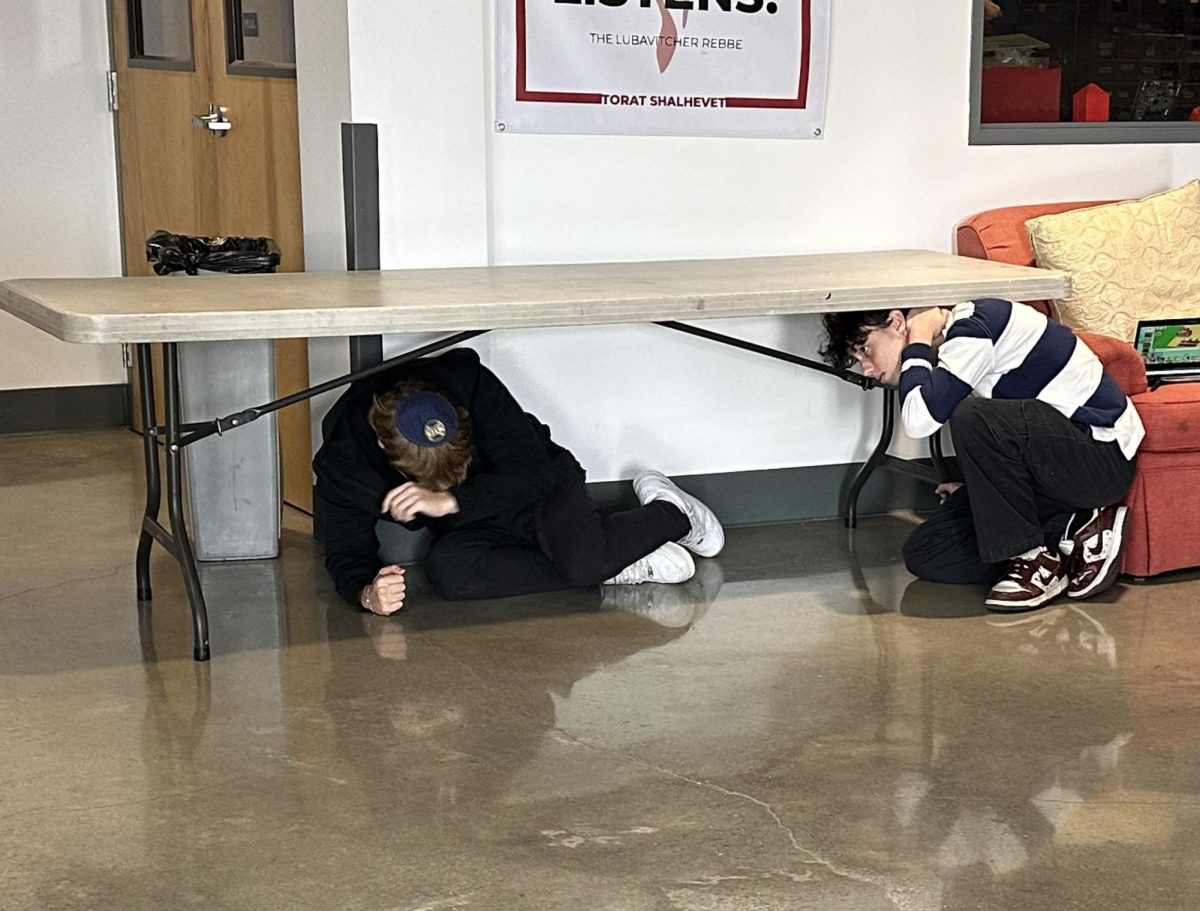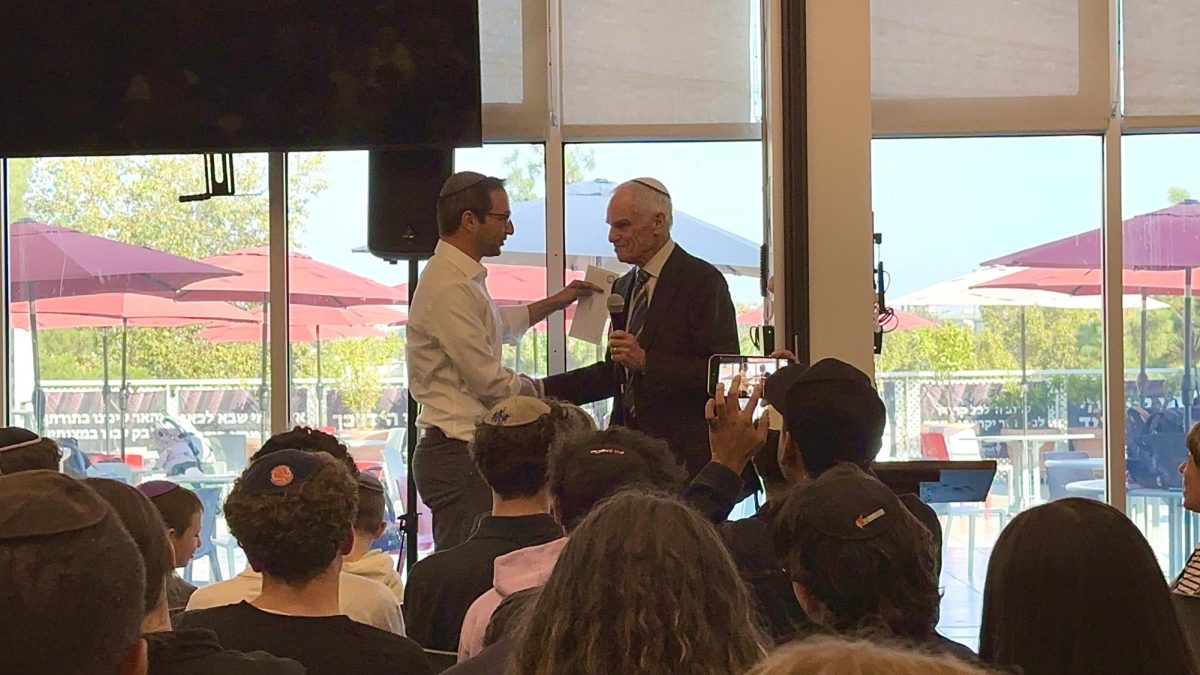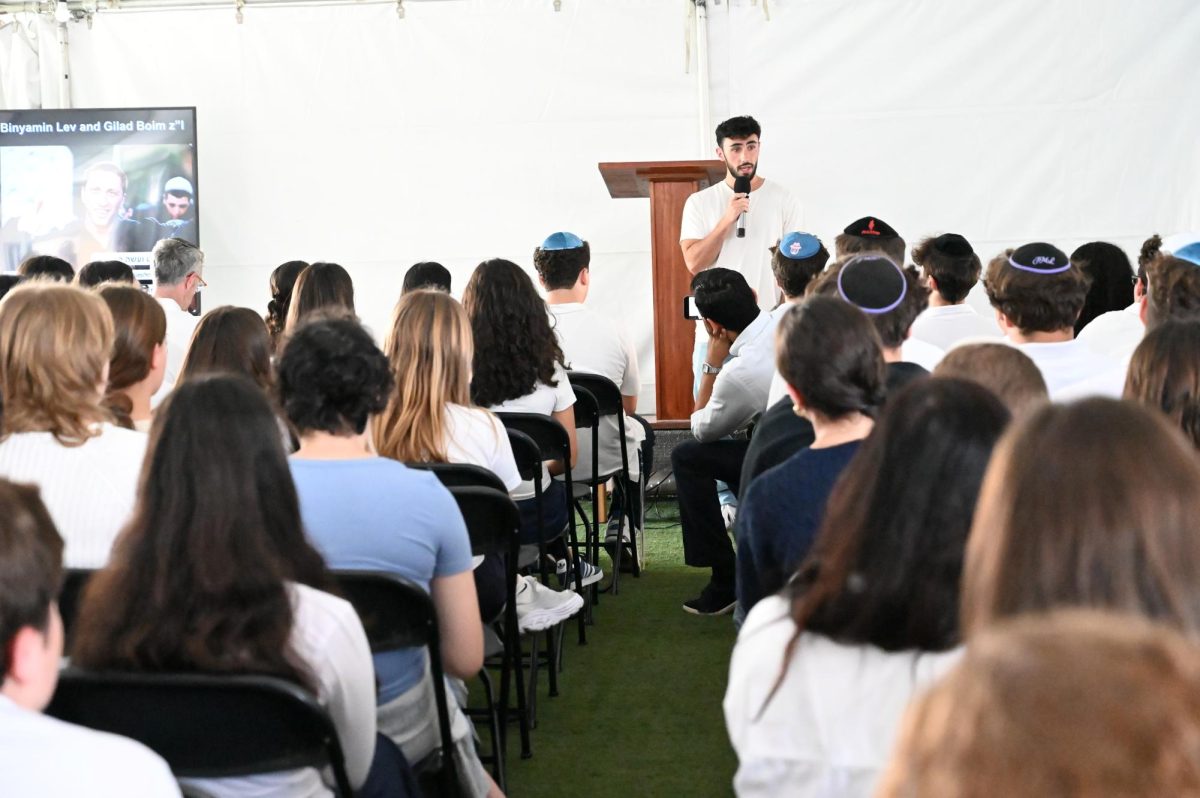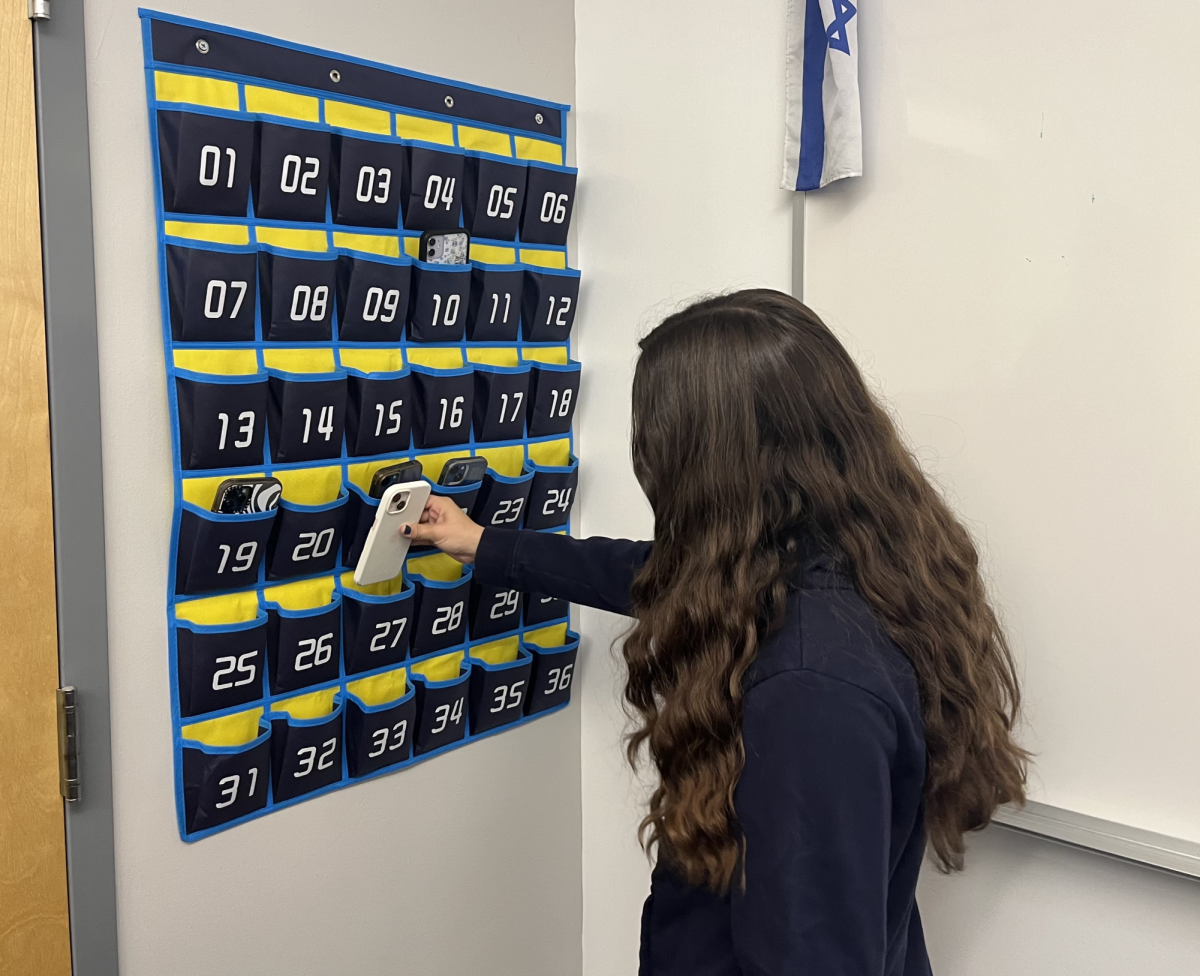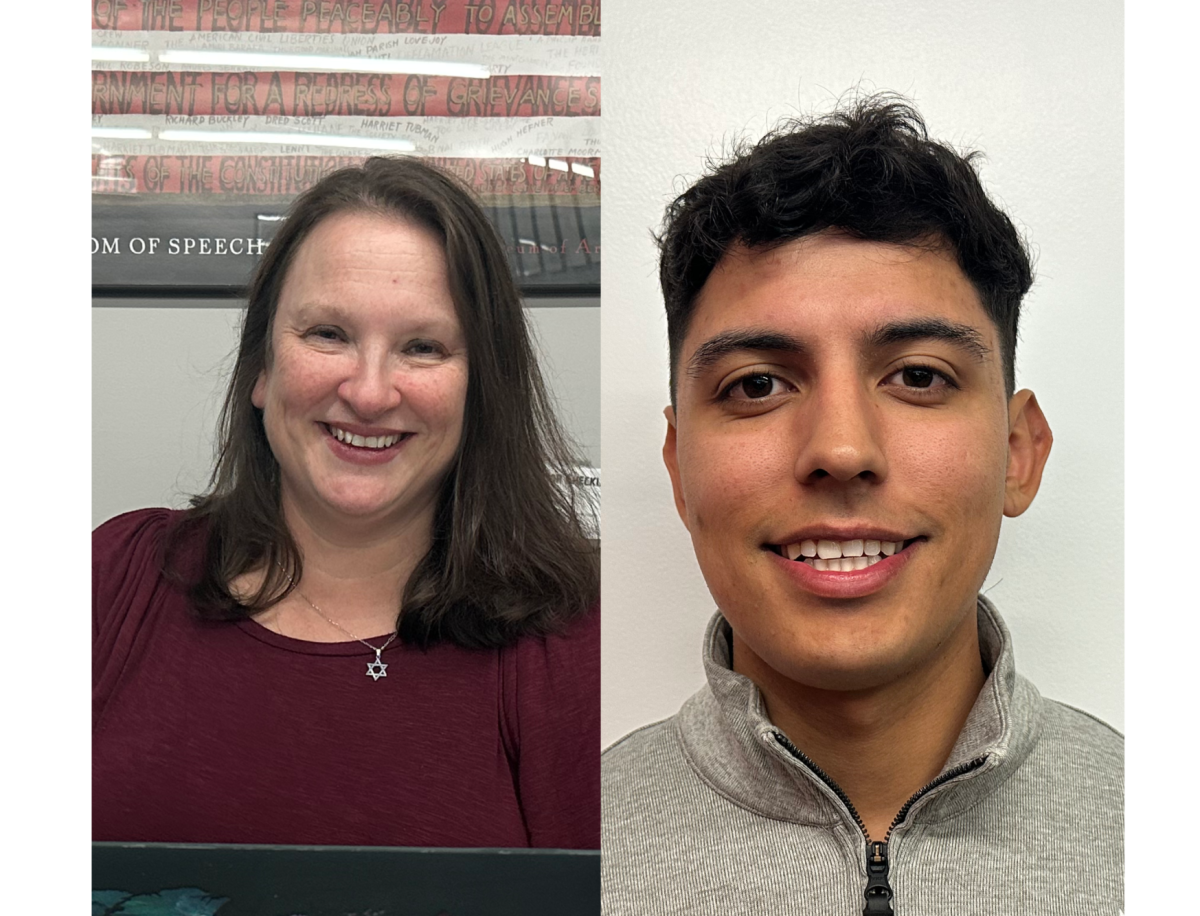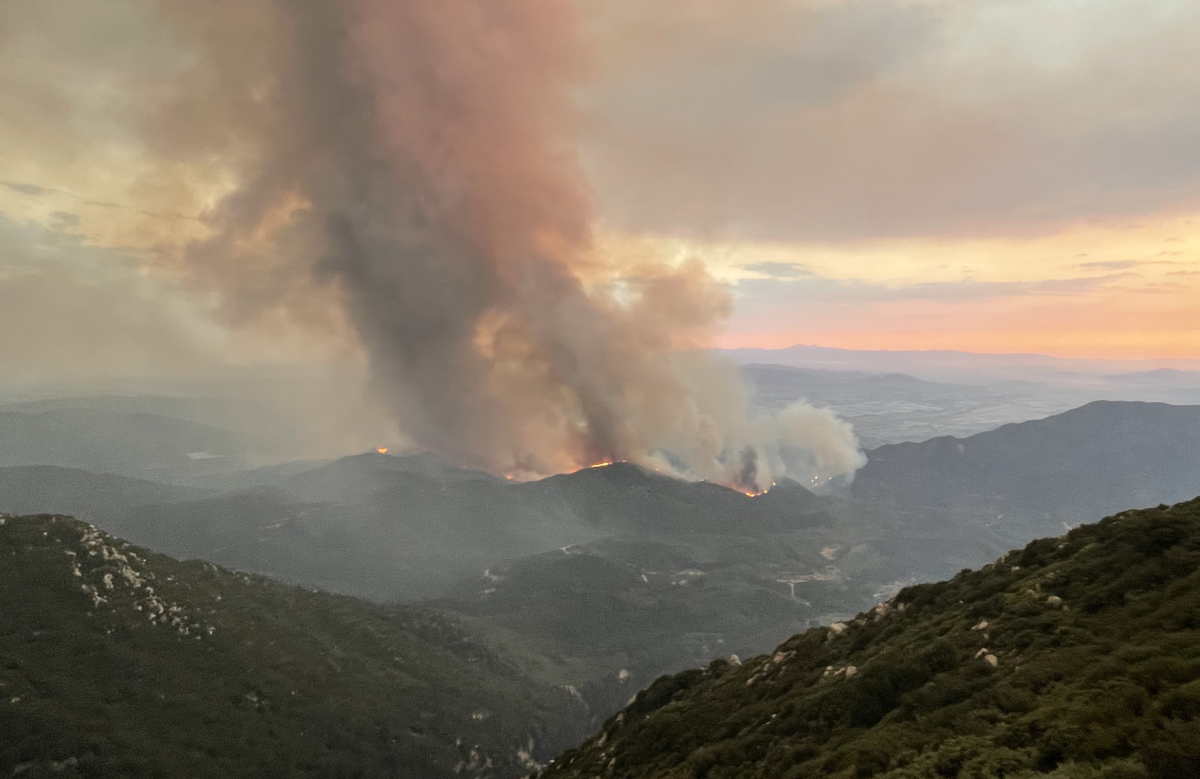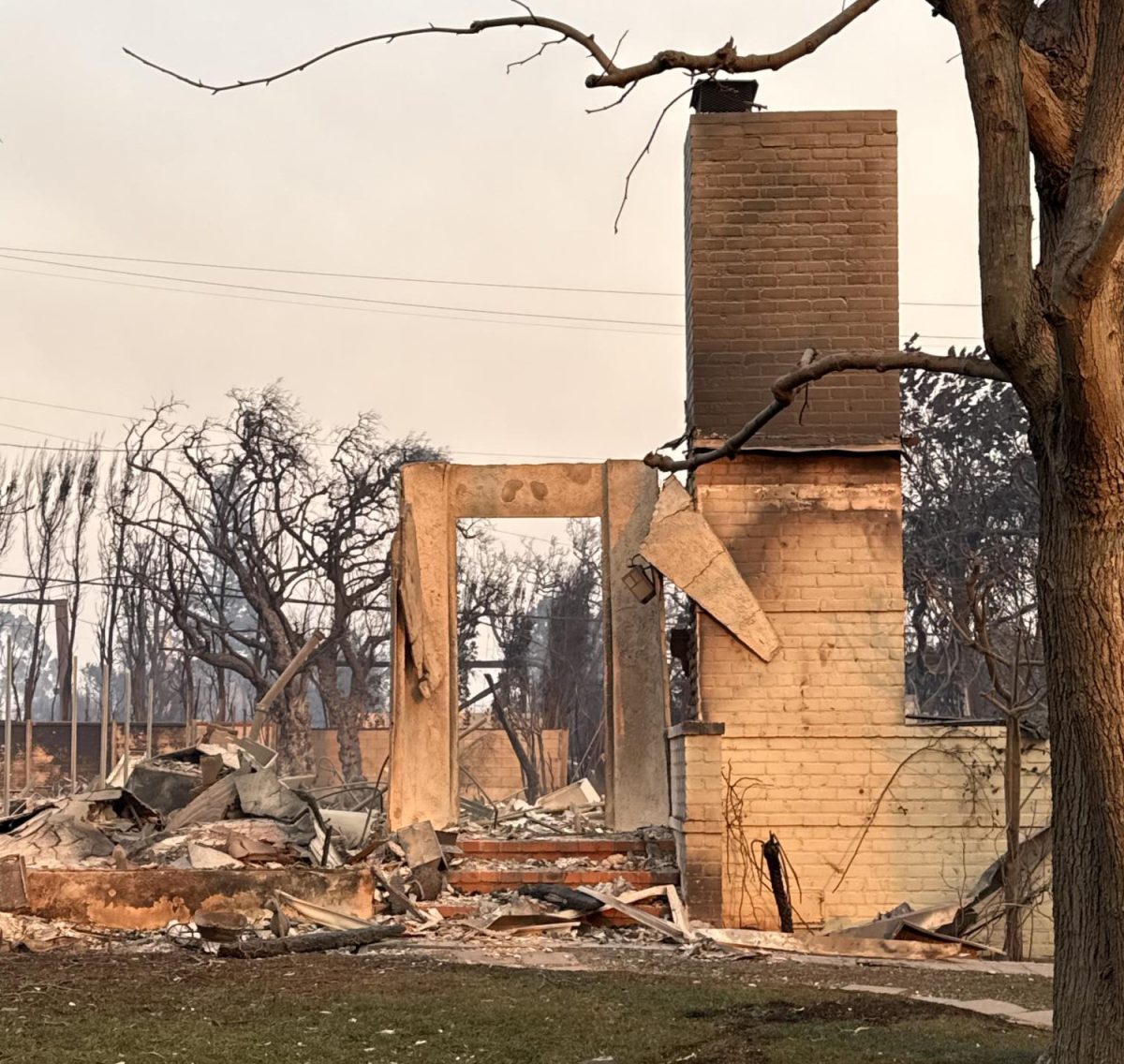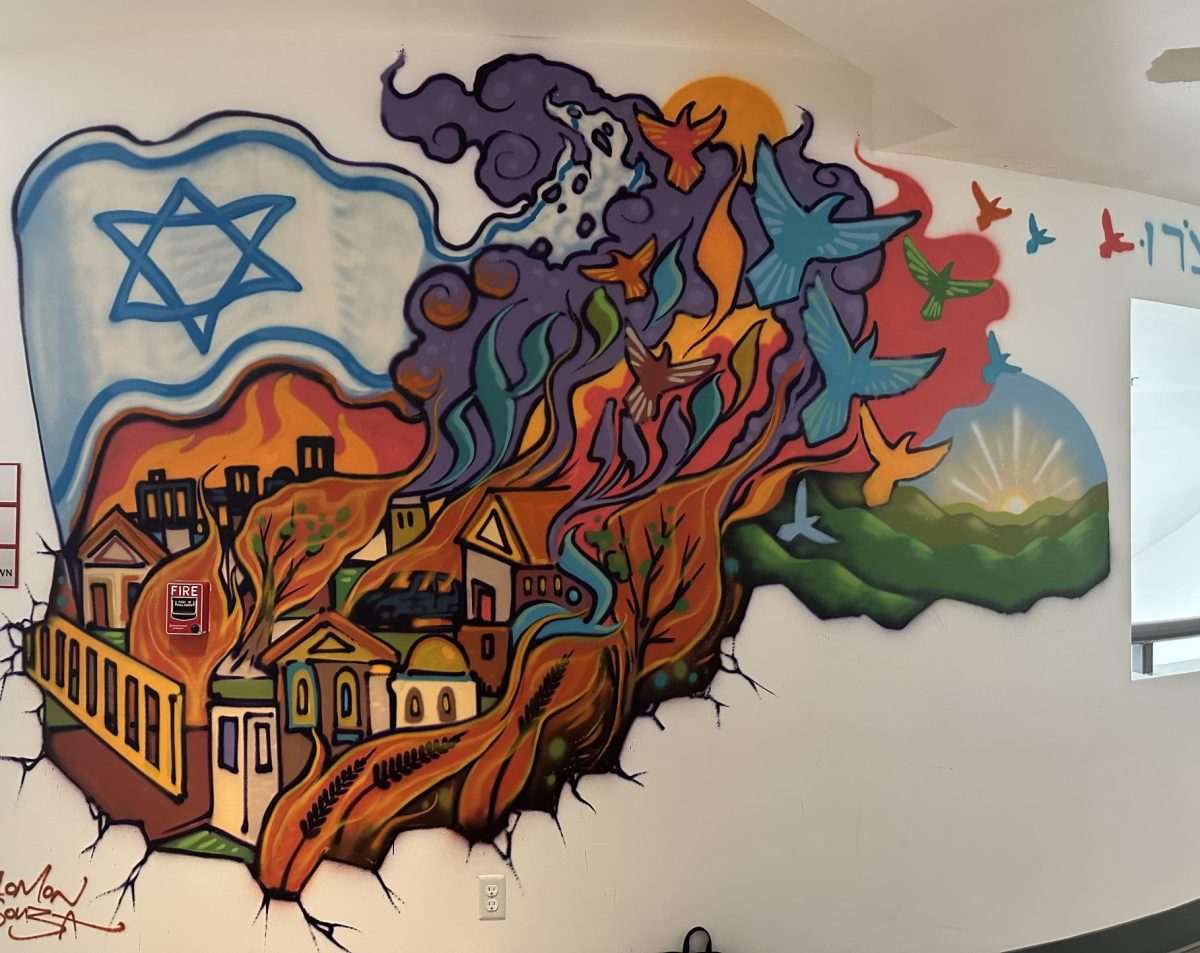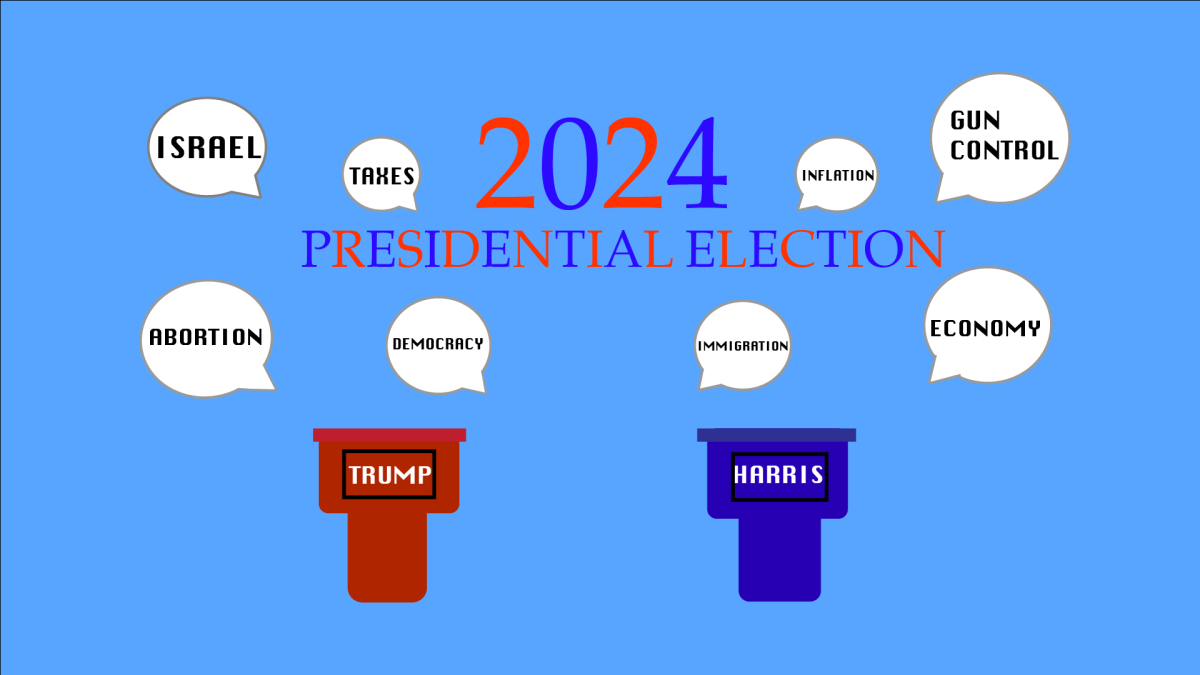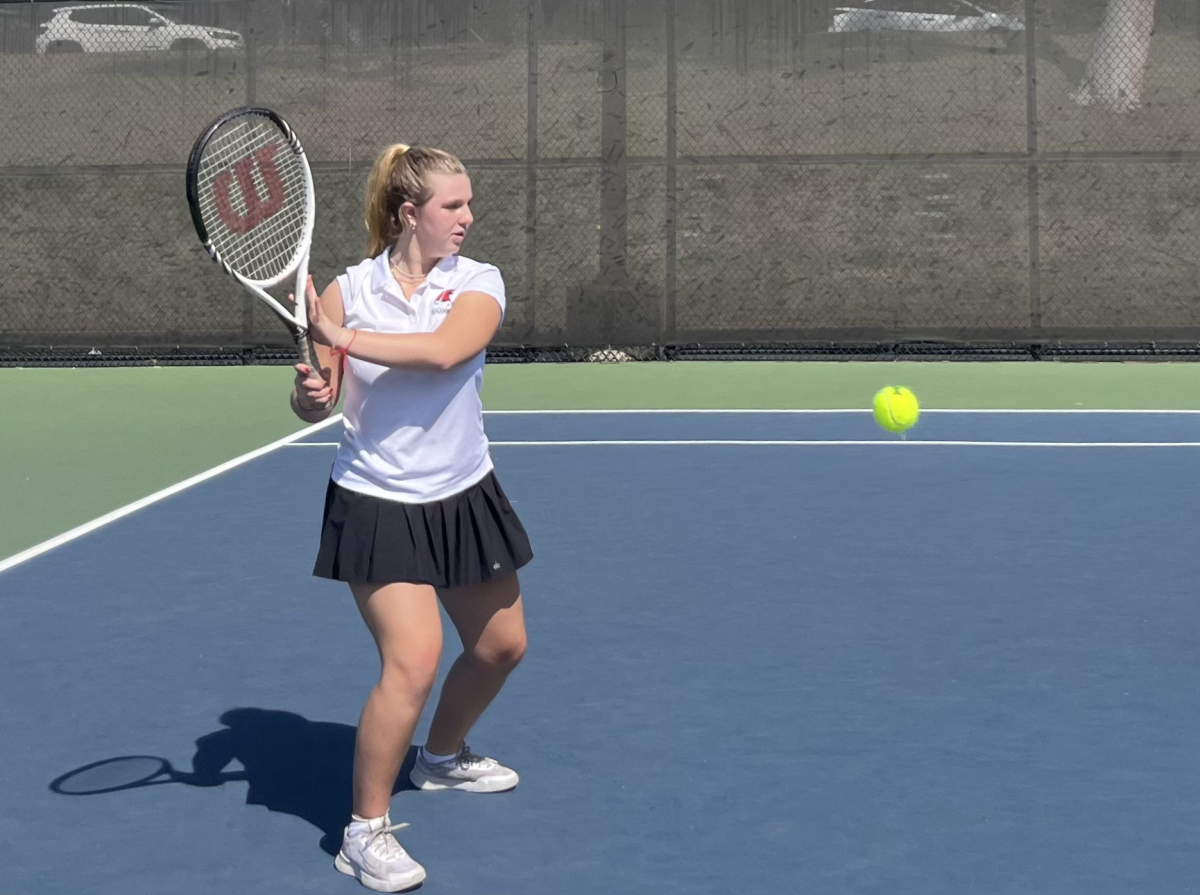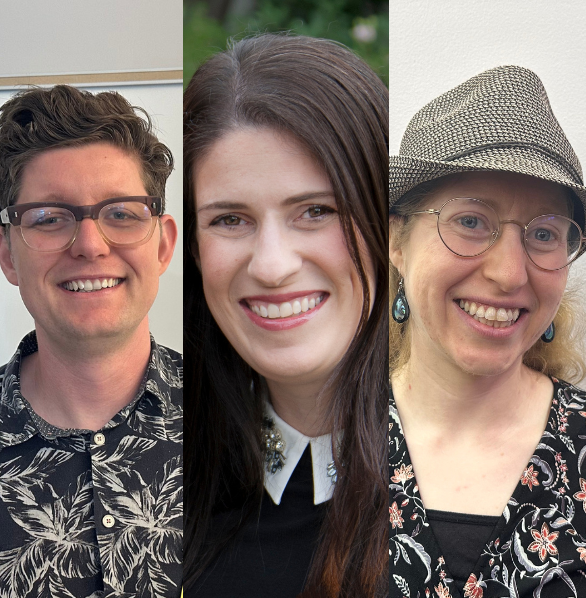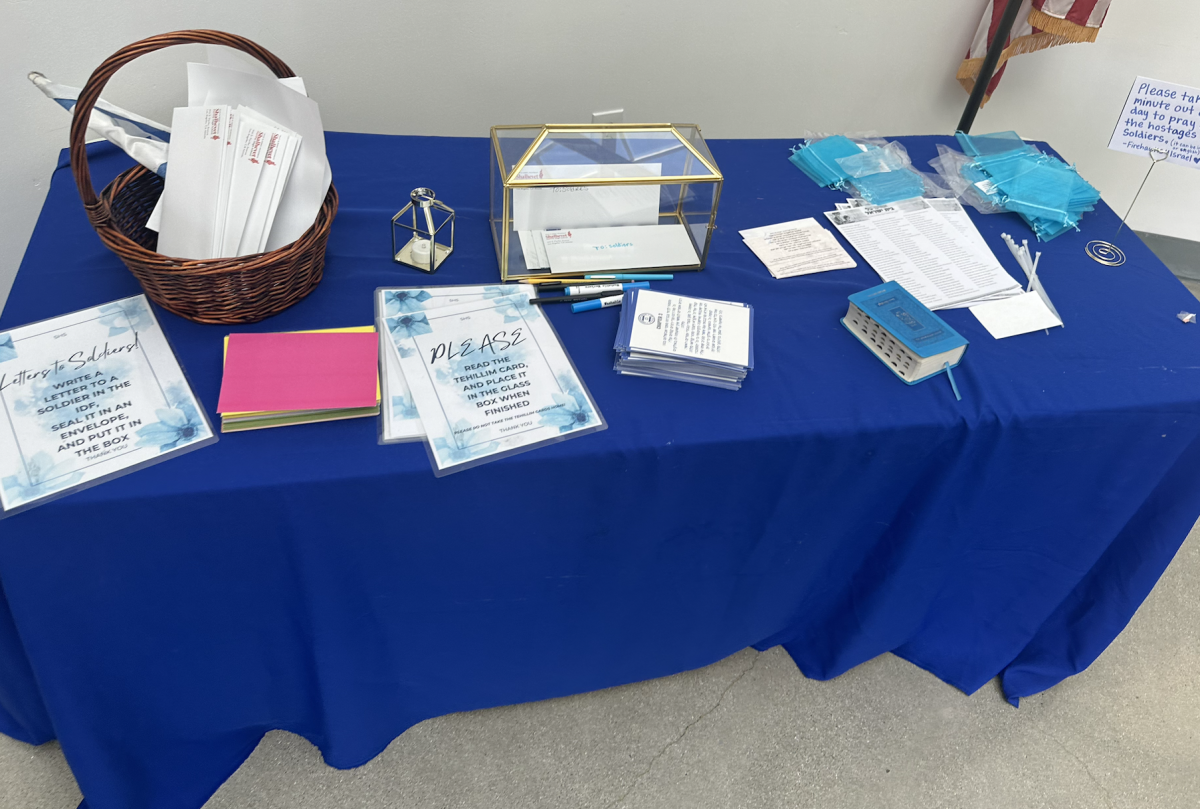Anti-Israel demonstrations raged across college campuses last spring, causing instability and unrest for Jewish and non-Jewish students alike.
Applying a year and a half after the Oct. 7 Hamas attack on Israel, seniors have kept these protests and encampments in mind, and some have factored them into their already tumultuous college application process.
“I chose not to apply to schools that had such bad protests,” senior Goldie Wintner said. “I didn’t even bother looking at them.”
Instead, she focused on schools like the University of Maryland and New York University that had strong Jewish communities that she felt provided safer environments.
But each of her classmates approached their processes differently. Some did not even consider applying to schools where there were a lot of protests and encampments. For others, their application decisions remained unaffected.
Mr. Jordan Moss, Director of College Counseling and Academic Advising, said that some of the ways students are researching and making decisions about where to apply have changed.
“Students are looking at colleges that they maybe haven’t looked at before, because colleges have dealt better with the encampments and the antisemitism on campus” Mr. Moss said. “So if it’s a college that did very poorly with it, then, you know, maybe students are giving that some second thought, whether they should apply, or whether that’s a good fit or not.”
Senior Olivia Petlak did not apply to some schools because they had really intense protests – like Columbia University where some Jewish students were blocked from going to classes or harassed – but otherwise, the demonstrations were not a major source of consideration.
She feels that there will be antisemitism wherever she chooses to go, and though that is the reality, her “job as a college student” is not to stand up to other anti-Israel students.
“What’s really important to me,” she said, “is finding those people within the Jewish community who are also pro-Israel, who have the same beliefs as me, and find a community in that. And if I feel like I have those people at my school, then the antisemitism won’t matter as much.”
For senior Ariel Shapiro, the unrest on campuses played a large role in his decisions. He does not want to be in an environment where he feels “actively targeted.”
Although it is important for Jews to speak up on those types of campuses, he said, no single Jewish college student should feel responsible for taking on the protesters.
“College is your moment to find yourself, have fun, and learn. Your main focus shouldn’t be holding the weight of the Jews on your back,” Ariel said.
At press time, senior Tamar Rose was committed to Emory University, where she said there is a big Jewish community and is therefore not very concerned about experiencing anti-semitism.
“I’m not worried about anything, but if something were to happen, I have the skills to stand up for Israel and stand up for my beliefs,” Tamar said.
Mr. Moss also said that colleges have seen an improvement in the unrest from this fall in comparison to last spring. Some schools have also created new policies responding to the demonstrations, he said.
College Counseling had, in previous years, considered creating a guide to Jewish life on campuses, and last spring’s demonstrations motivated them to actually make one.
“We’re going to encourage families to, of course, do their own research and have more in-depth conversations,” Mr. Moss said, “but this will give families a little bit more guidance when at least beginning the college process.”
Goldie was always committed to attending a college with a big, thriving Jewish community.
“Even if I do experience some of it,” she said, referring to the demonstrations, “I know that there will be other people who are Jewish and religious anywhere that I end up going, so I feel like I won’t be alone.”


